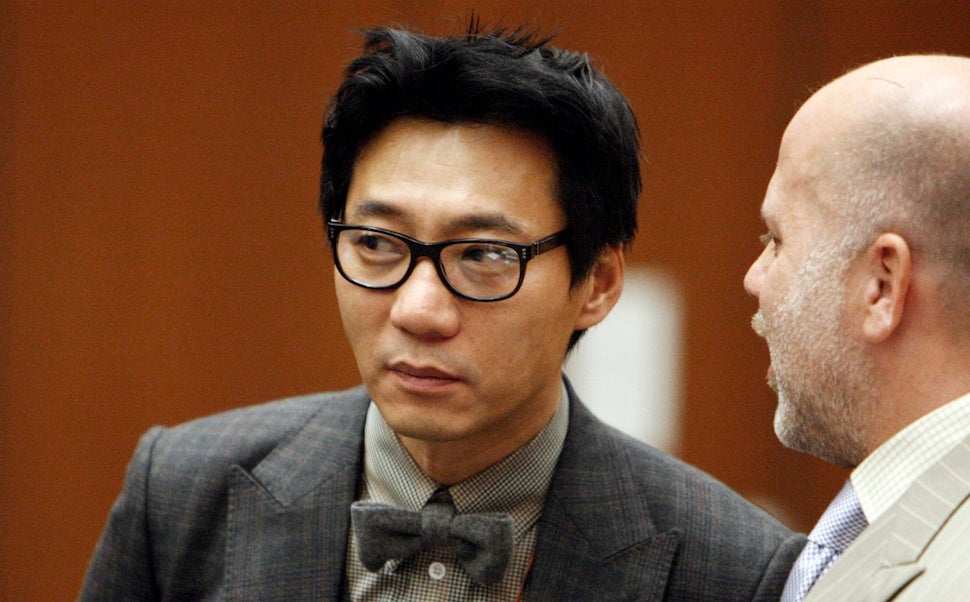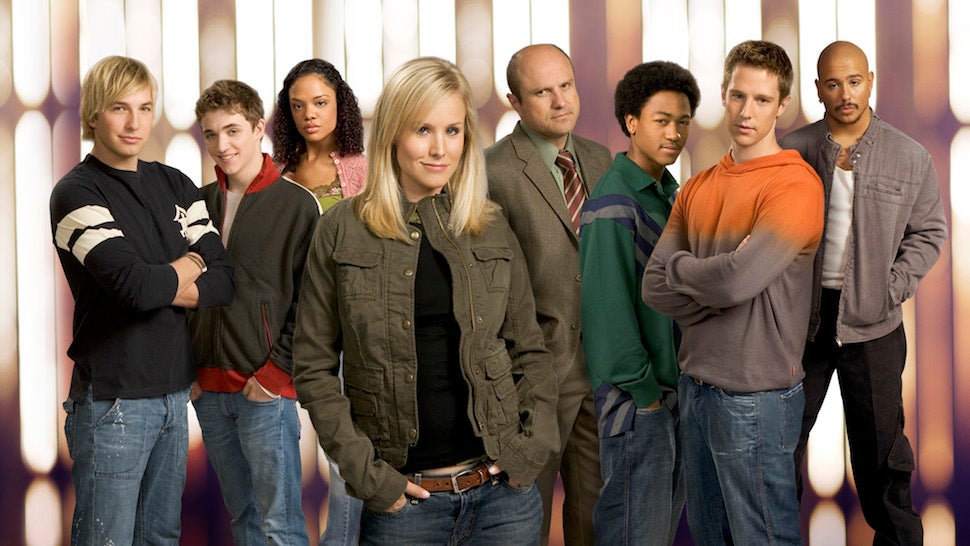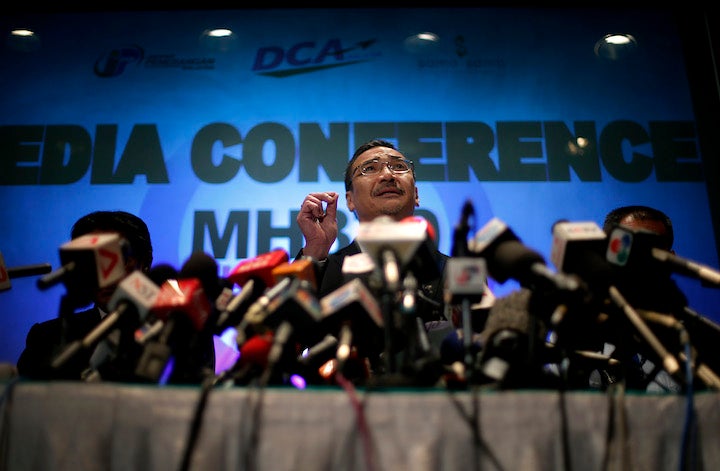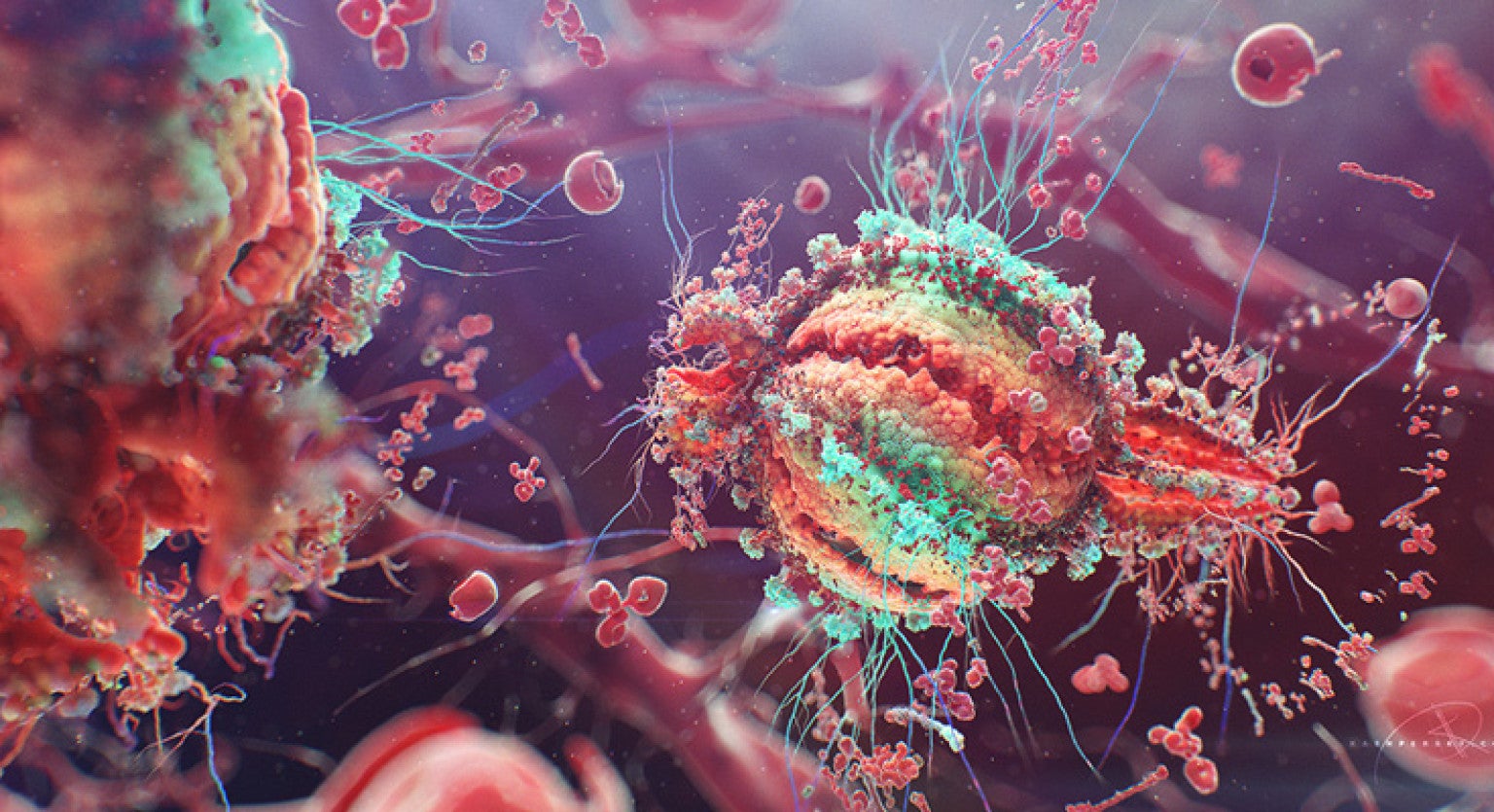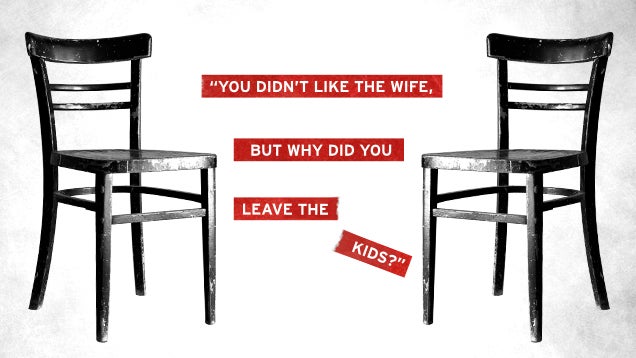![Funny Man]()
“Is this Matt the Hat?” A pet-name from my childhood.
“So what’s the poop?” I had already explained this to his wife, Leslie, via email, making a ransom note-esque proposition: If you deliver my father to me for a face-to-face interview, I will never contact your family again. Over the years I have mailed them art postcards—a photograph of Pablo Picasso and his son playing on a beach (Bon Anniversarie!); a painting of crows pecking the remains of a cowboy’s body (Thinking of you!)—just to keep them on their toes. If I were the one trying to hide from my teenage sons the fact that I had two adult children, I’d make sure my contact info was more than a Google search away.
“Why? Are you dying?” I very well may be dying: his gay son demanding to see him after 18 years. He probably thinks I’ve contracted HIV, and want to bid him farewell. So as not to spook him, I say I want to meet with him once more during either of our lifetimes to hear what he has to say about things. Once we’re face-to-face, I’ll explain that I might want to write about him, me, us, family, and would it be okay if I record our meeting. He’ll be so seduced by the importance bestowed upon him by my digital recorder, that he’ll mindlessly agree to it. And, “it,” is an interview, on the record, that I will ease him into with the aid of many questions pilfered from the “Proust Questionnaire” on the last page of every issue of Vanity Fair. And I am a writer with nearly two decades of utter distance from my subject. Time is indeed a great healer, if healing is burial.
“What is today? Tuesday? Wednesday?” He mouth-breathes so hard I want to hold the phone away from my face. It’s Monday.
“Let me think...When can I ride my fat ass up there?” The Orange County coastal village where we plan to meet is an hour’s drive south from my home in Los Angeles; he’ll ride his bike 30 miles north from San Diego.
“What’s Jodie doing these days?” Jodie, my mother, his ex-wife for 26 years now, having “found her voice” in group therapy, has created her first non-housewife job, transforming an instinct for bargains and style into a gig personally shopping for female executive-types at discount department stores like Loehmann’s.
“Yeah, she always liked that type of shit.” I begin to divulge more innocuous details about her life in a tone that indicates a half-legit indifference on my part.
“Whatever.” He interrupts in a way that begs me to remind him who asked.
“Try to be there on time so neither of us are waiting.” A bold order coming from a man who, alleging malfunctions of engine or emergency veterinary visits for his cocker spaniel, Bugsy (named for the mafia boss), would leave eight, nine, ten-year-old me darting from window to window trying to convince G-d to make his garish red sports car appear in the driveway. On those occasions when the car materialized, I’d bop out the back door, wipe his passenger seat clean of red pistachio nut shells, and relish the beginning of a much-needed recess. Time to curse, ask sex questions, bitch about my family.
On our way to a park, he’d tell culturally relevant jokes: What’s Pee-Wee Herman’s favorite TV show? “Diff’rent Strokes.” I didn’t get it, but I loved that show. Steering with his left hand, his right hand alternated between the gear stick and the top of my thigh—a more male-related proprietary gesture than a sexual one. At the park he’d shove the swing with such vigor that the chain would pause, jerk, and drop before whisking me back to him. I feared the velocity would send me flying backwards over the swing-set, my neck unceremoniously meeting an iron pole. He once dangled me over the railing of a pedestrian bridge high above a major Atlanta thoroughfare, teasing that he would drop me.
⌘
Loretta Lynn’s “D-I-V-O-R-C-E” blares from the cafe’s outdoor speakers while I prepare to see my erstwhile father for the first time since ’92. Several songs post-Loretta, I’m inspecting anyone in cycling garb for those hyperthyroid pop-eyes of his. When that half of my equation, and his eyes, saunter toward me in sea-captain yellow spandex, I am unmoved save for the same low-grade lurch in my bowels I experience before meeting any stranger, be it for a business meeting or anonymous sex. I remain seated as he blathers: The bike ride was terrific; impressive that I found the place; how long did it take me to get here?
Eighteen years. And you?
[recording]
Do you have any heroes, real or fictional?*
I always admired George Patton except that he was a little bit nuts. 'Cause he was a get-it-done guy and he didn’t care who got in the way, he was gonna move 'em.
Are you a get-it-done guy?
I don’t know. Maybe that’s why I admire him—'cause I don’t get enough done. [giggles]
What is your most treasured possession?*
My bike.
Intangible?
I guess—uh—happiness.
Are you happy?
Yeah, when I’m on my bike I’m good.
And when you’re not on your bike?
Oh yeah, yeah. I’m pretty happy. You know I don’t have any issues going on. I’m healthy. Not necessarily wealthy but healthy.
Which living person do you most despise?* [1]
The guy that’s in charge of Korea: Il. “Ment-a-lly ill,” that’s his brother. Mentally ill, get it? I think he’s a real jerk—fucks his whole country up.
What is the proudest moment in your life?*
Well, the happiest day was the day I left your mother.
Why do you dislike her so much?
She would talk out of both sides of her mouth: two-faced.
Aren’t most people to some degree?
I mean she’d say, “Hi, how are you?” to someone and then to me: “What the fuck does she want?”
At what point did you know you had made a huge mistake?
When she was walking down the aisle. [Laughs.]
You kind of look like Don Rickles.
[Guffaws.]
Do people tell you that?
Let me tell you the first lesson in physics: Mass trumps height. [Giggles.] I have been told that hundreds of times. I go into Ralph’s supermarket: [Old-person voice] “You look just like Don Rickles!” and alluvasudden, everyone’s telling me I look like fucking Don Rickles. He’s like 88 years old!
Well, he has appeal.
So I thought I should memorize a couple of his routines off of YouTube. You know: [Don Rickles voice] “You fuckin’ hockey pucks!” Then I thought, you know that show The Shield, Michael Chiklis, the guy who has that human penis look? See, when my head is shaved, people will say, “Oh it feels so good,” and I’ll say, “Yeah, it’s the human penis look.” [Don Rickles voice] “I’m a real dickhead.”
What are your best and worst physical characteristics?*
Worst is that I weigh a lot more than I wish I did. I weigh 185 pounds and I’m five-eight.
You’ve been fatter.
[Guffaws.]
You have, right?
When?
When I knew you, you had a huge stomach.
You remember it that way? Well you’re right. I got as high as two-twenty. I don’t know how the fuck I did that.
All those red pistachio nuts.
You remember that?
Why did you eat red pistachio nuts?
'Cause I liked them.
They’re no different than—
No, red has a different taste when they add that dye. But you don’t see those anymore. But then you shake hands with anyone or you touch your shirt—
Hot pink.
Yeah! They were good. I remember those. You know, this is funny. This is like an old uncle comes to see the guy: [Old-person voice] “Oh you’ve grown. I remember when you were playing baseball.”
Who’s the uncle? Me or you?
Well, you, because you remember so well that I was big.
Yeah, you don’t look fat now.
No, not really.
For your age I think you look totally fine.
Well for 62—nobody can believe I’m 62. They say, “Bullshit, you’re 50.” Yeah, I’m in good shape. See, here’s the official bike rider legs. [Peels bike shorts back.] If somebody says, “I ride a bike,” let me see your tan. If you ain’t got one: fuck you.
What’s your best physical characteristic?*
I’m strong as a bull. [Puts hand out to squeeze mine.] See, if we kept this up I could crush it. You’d be out first. See, I don’t give. [Laughs.]
You named your happiest moment but what is your proudest moment?
Well, most people say, “the birth of my children,” but ... proud? Hmm ... proud ...
When is the last time you cried?*
I cried for about eight seconds when my mother called me and told me my father died.
Were you close with your dad?
Yeah, fairly. I mean—not adversarial. He didn’t like some of the things I did, like when I joined the cops—you know I was a cop once—in Atlanta. My mom says, “Bobby, do something, but do something legal.” She was afraid I might become like a gambling guy or something—you know, betting on football. I said, “Don’t worry, I’m doing something legal.” See, I’d already joined the police force—she didn’t know it—they were already out here in California. Then they came to Atlanta for a visit and I get home from the job at like 9:30 at night dressed in my blue uniform: gun, badge, handcuffs, hat. My father took one look at me: “I don’t believe this.” He’s walking around like he had a bullet up his ass, and then he goes, “You know, you don’t go to Vietnam to get shot in the woods, but you wanna get shot in a liquor store?” 'Cause I didn’t go into the army like him.
Did you duck out on the draft?
No, they stopped the draft at 195 and I was 202. That was a near-miss.
Were you scared?
O-ho-ho-ho-ho, I used to have dreams of bullets cracking by my head! I actually got shot at once when I was a cop and that’ll change your whole fuckin’ life. I mean, all of a sudden, this good guy, Bobby, who stops you for speeding and doesn’t give you a ticket—I’m getting shot at, and I go what the hell is this? So I said, “Done.” That night. [Laughs.] Thirteen thousand a year with a college degree? I don’t think so, I don’t think so. I turned off the siren and the blue light and said, “See ya!”
How long did you do that for?
Six months. It was long enough.
Tell me the Tyrone story.
What?! How did you know about that?
Because you told me.
Tyrone and the cops? Oh that was the funniest thing I ever heard. OK, I’m in with a veteran officer, right? And he was a real bigot from Alabama or some place like that, and I’m not a bigot, right, and the whole area we patrol is black—southwest Atlanta. So anyways, he’s talking about, [Southern accent] “You see Lucius over there, he’s probably fuckin’ sellin’ drugs, and Tyrone over there, he’s probably beatin’ up his wife, and that’s why we have to go over there,” you know, domestic cause. Then, alluvasudden, someone broke a speeding rule, or, you know, a small traffic violation. So he says, “OK, we’re gonna stop this guy and you pay attention to what I do.” So he gets out of the police car and walks up to the driver’s window and says, “Alright, Tyrone. Let me see your license,” and the driver goes, “How’d you know my name was Tyrone?” [Guffaws.] And I was dying back there, it was so funny ... That was the boy’s name ... The black guy’s name.
I never forgot that story.
It’s funny you should remember that.
Well I have a good memory.
Apparently.
What role does sex play in your life?
It doesn’t play a big enough role! Ha-ha-ha, that would be true! You know what happens with women? [Whispers.] Menopause. And once that happens, it’s like they could care less. On the other hand, I told Leslie one time, I said, “If I stop lookin’ at girls, shoot me. On the spot.”
No offense, but you don’t strike me as someone who could be faithful.
Well, I may have a wild hair. It’s one thing to look. When Leslie asked me to get married I told her I could be loyal, but not necessarily faithful—expecting her to back off. Instead she said, “Just don’t do it in our bed.”
What is your motto?*
“Do unto others before they do unto you.” Just kidding. Ummm … [under breath] “Do unto others before they do unto you,” or “If you don’t cheat you’re only cheating yourself.” No, I’m just kidding, I’m just kidding. Umm ... Umm ... "What goes around comes around."
You used to have a police scanner in your car. What was that about?
Just to see what’s going on. I always like to know what’s going on. Especially when I was a cop. I was always like, “Whoa, what’s going on around here?”
You weren’t a cop when you had the police scanner. You had it after the fact.
Yeah, I had it after the fact.
So what was that about?
That was like, “Oh, I’m not a cop anymore, that’s so sad.” Yeah, I would have stayed with it if my father hadn’t gotten in my face about it—and if I hadn’t gotten shot at.
You used to go and watch fires if you heard over the scanner that there was one happening.
How’d you know that?
You took me with you.
I took you with me? When was that? You must have been ten or eleven. I don’t remember that. Jesus. The only thing I really remember is you coming over to my house and throwing a ball with you in the yard, and we went to some parks.
Are there times when you think about me and my sister?
Yeah there were plenty of times when I wondered, you know, what was going on with both of you. But when I moved out here I felt like I might as well have been in Guam. Yeah, yeah, yeah. I used to wonder.
What is your relationship like with your sons?
Good. [Pause.] What else do you wanna know? [Laughs.] I mean, how do I answer that question?
I used to play tennis with Jeffery when he was coming up, but I was too competitive for him. Alex, on the other hand, is very competitive, so Alex is more my mode. Jeffrey took thousands of dollars worth of tennis lessons but wouldn’t practice on his own. It’s like going to school and you only take class only. So I ask him, “If you don’t read the books, you don’t do the homework, don’t do the projects—how good of a student you gonna be?” I might as well have been talking Swahili. When I was a racquetball player I would stand at the 37-foot mark just three feet from the back wall, and hit backhand after backhand, and if I didn’t hit 95 out of 100, I would stay until I did. So I was good at it.
You owned a racquetball club in the '80s, right?
Seventies and '80s. Seventy-seven through '84. I loved racquetball. I was good at it.
It was crazy there, right?
What kind of crazy?
Well, that’s when you were doing lots of coke.
Coke?! Where’d you hear that?
My mother.
Yeah, she didn’t like that; she made me throw it away, so I did. But I tried it once, and the ball was this big, and back in those days nobody knew anything about the badness of it. So, enough of that.
How long were you actively using it?
Just in that area when I was playing tournaments, then I said enough of that. That was bad stuff. You don’t wanna be messing with that, and that’s my comment on that. Moving right along.
I prefer downers, myself.
It’s like this: If you think you’re having so much fun doing an activity sober, it is so much more fun high. I didn’t know anything about drugs. I was as far away from that as you are from being a space-shuttle pilot. So I was playing in a tournament, and I’m walking tired because I had had a very tough match, and I had to play in the afternoon. So I’m in the locker room between first and second game dying, just dying; I hadn’t got two heartbeats to put together. And one of my friends said, “Here, try this.” I didn’t know what the fuck it was. I said, “What will it do to me?” [Giggles.] He gave me a little spoonful and I went back on that court and I was [whispers] so good. I’m diving into walls, I’m all over the court; I’m winning. I’m good. And I said, “What the fuck was that? Give me some of that!” And so then I always had a little bit just for events like that. My peers would go to a place called the Slimelight—the Limelight. It was a disco back in the disco era—you know, Donna Summer and the Pointer Sisters—so they would go there and the sign of “I’m doing well in my job” wasn’t buying a Mercedes like it is now—it was having a big ass bag of coke in your pocket. One night we’re at the club, and they wanted to leave a tip for the lady—the waitress—and they left her a line of coke that we called an I-75 line because it’s so long and wide. Then everybody started doing it involving sex and then we found out that girls who we’d call “coke whores” would spin on their heads if they could to score some coke.
So what years were you actively using?
Just for ... you know, ’84 …’85 … ’86—somewhere in there. But then I stopped. Everybody did coke, we didn’t give a shit, and nobody felt like we were doing a criminal activity. We were very cavalier about it.
Why did you and Leslie choose not to tell your sons about me and my sister?
Why? I don’t know. It was such a bad era of my life. I put Jodie behind me like it never happened. I didn’t like her much. And when I was done, I was done. That may be another earmark of me: When I get done, I get way done. [Laughs.]
Do you think that they’ll find out?
I don’t know. In retrospect ... because, you know, you’re alive, maybe it was a bad idea. It wasn’t something I consciously thought of, like, “We gotta keep this a secret.”
Do you fear the day that your sons find out?
I mean, I don’t know.
What would you say to them?
I don’t know. I haven’t thought about it.
Well, think about it.
Well, it’s not going to happen, is it?
No, no—not from me. But, with that said, I feel like they’re going to find out at some point. So what are you going to say?
Oh, I don’t know, I’ll probably just tell them what I told you.
What if they say to you, “You didn’t like the wife, but why did you leave the kids?”
Welllll ... that, that particular item is probably a lack of good judgment right there—that particular part. OK. It’s not like you said, “Gee, I wish I could be born to you, Dad.” So, that, I would say on my part was a lack of good judgment. That’s like handing you a gun with the barrel pointed at you. You never do that, right? Well I think this is the same kind of bad judgment.
Did you and Leslie take the time to hide your wedding photos? We were in your wedding.
I know. No, no we didn’t.
There are still pictures of me and my sister in your wedding album?
Uh-huh.
And your kids don’t ask?
Well, they don’t look at it, but one time Alex saw your sister in one of those pictures and said, [in child’s voice] “Oh, what a cute little girl.”
Why did we stop seeing you?
Who? You?
Why did I stop seeing you? Do you remember?
Why?
Yeah.
[Blows air through lips like a horse.] I have no idea.
Do you feel any guilt about it?
Well.
And you can be honest.
Oh can I? [Laughs.] Uh, yeah, yeah, especially if one of you had turned out to be a serial killer or something like that. You know, like, “Oh, my father abandoned me.” But apparently that didn’t happen, right?
Right.
So that’s good to know! [Laughs.] You didn’t kill anybody!
No, not yet.
I hope not today. I had a sense of that. You said in your email to Leslie that you’d probably never see me again, and one of my friends said, “He’s probably gonna pull a gun out and shoot you.” [Laughs.]
[End recording.]
I have what I came for. Despite his knack for animated storytelling, everything I have heard about him is validated—confirmed and exacerbated by the funny man himself.
Bare pleasantries will do at this juncture—a handshake and a thank-you—but his chatter shows no sign of abatement. Nuanced gestures are all but lost on him: the closing of a notebook; the capping of a pen; the placement of said notebook and pen in backpack.
First, a self-congratulation—and nod to me—for voting against Proposition 8, the California initiative to ban gay marriage. Which leads to his next topic: HIV and other sexually transmitted infections, naturally. “Man, am I lucky I never caught anything.” While living in the penthouse of his parents’ tony Atlanta hotel, his goal was to “fuck a different girl in every single one of the rooms.” In five years he stained his way through all 314 rooms, one-and-a-half times for a grand total of 471 different women—no condoms—charting his success on a piece of poster board.
I place my backpack on my lap.
Then there was the vacation at Club Med in Martinique. “Oh, you gotta hear this!” He imitates a woman, a young nurse, who he was about to fuck. “I want you to use a condom,” she told him, his impersonation a whiny child’s voice with protruding bottom lip. “So I said, ‘I’ll pass.’”
And the account of the day he lost his virginity at the Bulldog Inn on the University of Georgia campus: like “sticking [his] dick in wet hamburger meat.” He alleges that he ejaculated with such force that he launched the woman off of him: “Tossed her across the room.”
I scoot my chair back and stand.
One more tidbit as we walk toward the parking lot. “I’ll tell you something about your mother on your deathbed—but only then.” My deathbed. “What?” I ask cooly, “She fucked on your first date?” Laughing, he rams me flat-backed against the brick wall of the café: some sort of masculine non-verbal version of OMG! “She did something to me that I’ll never forget.” He wants to disclose information that I imagine I would choose to disbelieve, so, as to avoid any disturbing imagery, I opt out of this revelation. Apparently, I still have feelings for my mother.
I pat myself down for car keys.
He prattles on about the bike, the wind gusts, and the state parks he’s about to ride through. “Well, thanks for doing this,” I interject. Any pangs of sorrow or fear that this is the last time our thyroid-diseased eyes (his too fast, mine too slow) will meet, elude me.
Clicking helmet straps together, he wishes me luck, mounts his bike, and in a theatrically solemn, low-toned voice adds: “Goodbye, my son.”
I scowl at him. He giggles.
“I say that to everyone.”
*Indicates questions taken directly from Vanity Fair's Proust Questionnaire.
Matt Siegel holds an MFA in Nonfiction Writing from the University of Iowa. You can read more of his work here and here.







